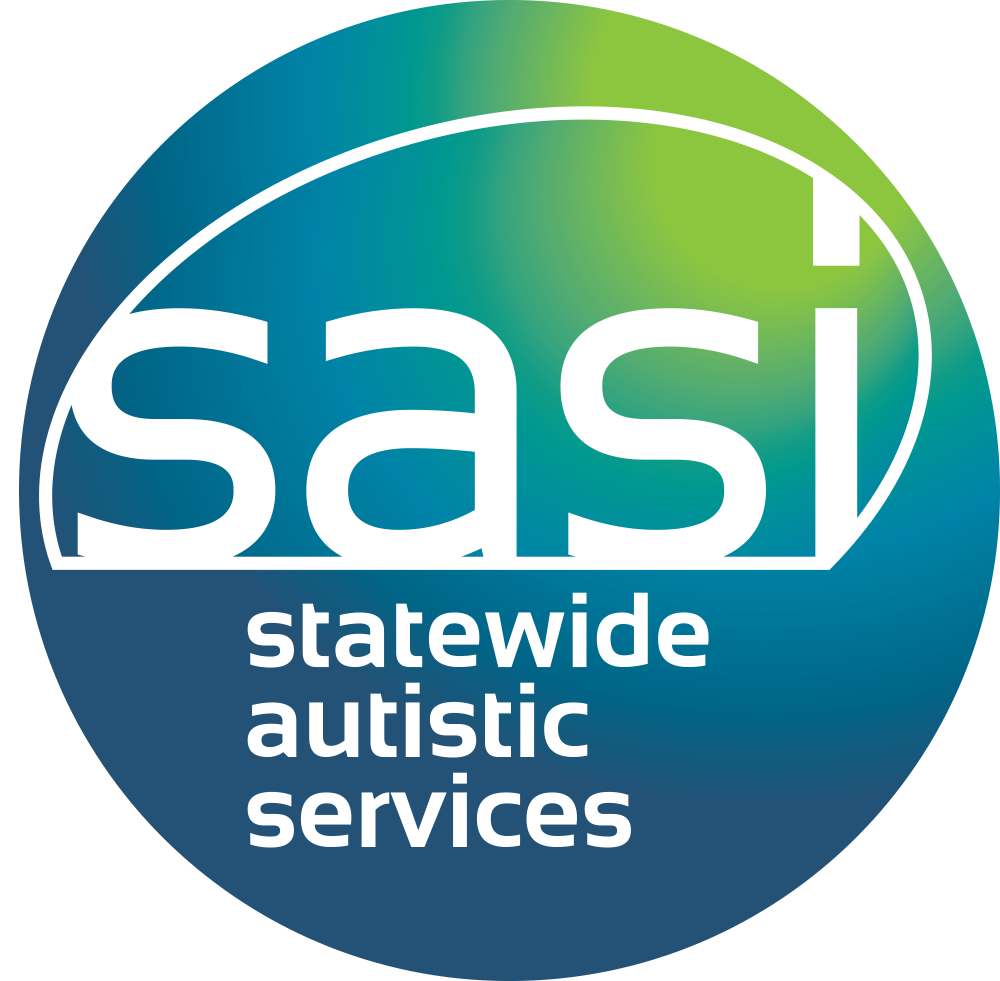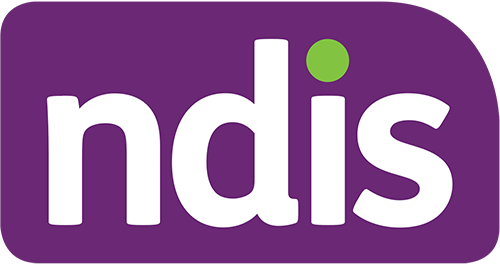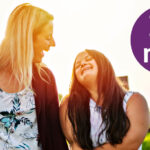This winter, we are experiencing significant community transmission of both COVID-19 and influenza, which is placing real stress on our community and health system.
We are now beginning to see a new wave of COVID-19 infections, driven by the BA.4 and BA.5 Omicron subvariants. We expect that this wave will lead to a substantial increase in infections, hospitalisations and sadly, deaths, at a time when our communities and health systems are already under strain. Without increased community and public health actions, this impact may be similar to that experienced during the BA.1 wave in January this year.
BA.4 and BA.5 are associated with increased immune escape and we are likely to see rates of reinfection rise among those who have previously been infected with an earlier COVID-19 variant and those who are up to date with their vaccinations. Vaccination continues to be the most important protection against severe illness.
Given reinfections may occur as early as 28 days after recovery from a previous COVID-19 infection, the AHPPC advises that the reinfection period be reduced from 12 weeks to 28 days. People who test positive to COVID-19 more than 28 days after ending isolation due to previous infection should be reported and managed as new cases.
The AHPPC reiterates the shared responsibility of individuals, employers and governments in minimising the impact of COVID-19. There are a range of health behaviours all Australians can undertake to reduce the transmission of COVID-19, protect the community, in particular those most at risk, and protect our health system and essential services, such as:
- Staying up to date with your vaccinations
- The Australian Technical Advisory Group on Immunisation recommends that adults aged 50 to 64 years receive a winter booster dose of a COVID-19 vaccine
- Adults aged 30 to 49 years can also now receive a winter booster dose
- More information can be found at ATAGI updated recommendations for a winter dose of COVID-19 vaccine
- Wearing a mask outside your home when in crowded, indoor environments including on public transport. This is important to protect yourself and others.
- Ensuring indoor spaces are well ventilated
- Staying home if you have any COVID-19 symptoms, no matter how mild, and get tested
- If you have any symptoms, are at higher risk of severe illness and have a negative Rapid Antigen Test (RAT) result, seek a PCR test to confirm whether or not you have COVID-19 so you can access oral treatments for COVID-19 if eligible.
- Not attending high-risk settings such as health care (unless seeking treatment), aged care and disability settings or correctional facilities if you have any symptoms of COVID-19, no matter how mild
- Employers should review their occupational health and safety risks and mitigations, and their business continuity plans. They should consider the feasibility of some employees working from home and support employees to take leave when sick.
- Practising good respiratory and hand hygiene
- Staying up to date with jurisdictional public health requirements and information
Treatment is now available for eligible people with COVID-19. Information can be found at Oral treatments for COVID-19 or speak to your GP now to see if you are eligible for oral treatments should you become infected. Oral treatments can assist in preventing severe disease in people at higher risk.
All of these actions become important during significant waves of COVID-19. If all Australians continue to work together, through early and collective actions, the impact of the BA.4/BA.5 wave can be reduced. Now is the time for all of us to act to protect ourselves, our loved ones, the health system, those who are more at risk and the broader community.








